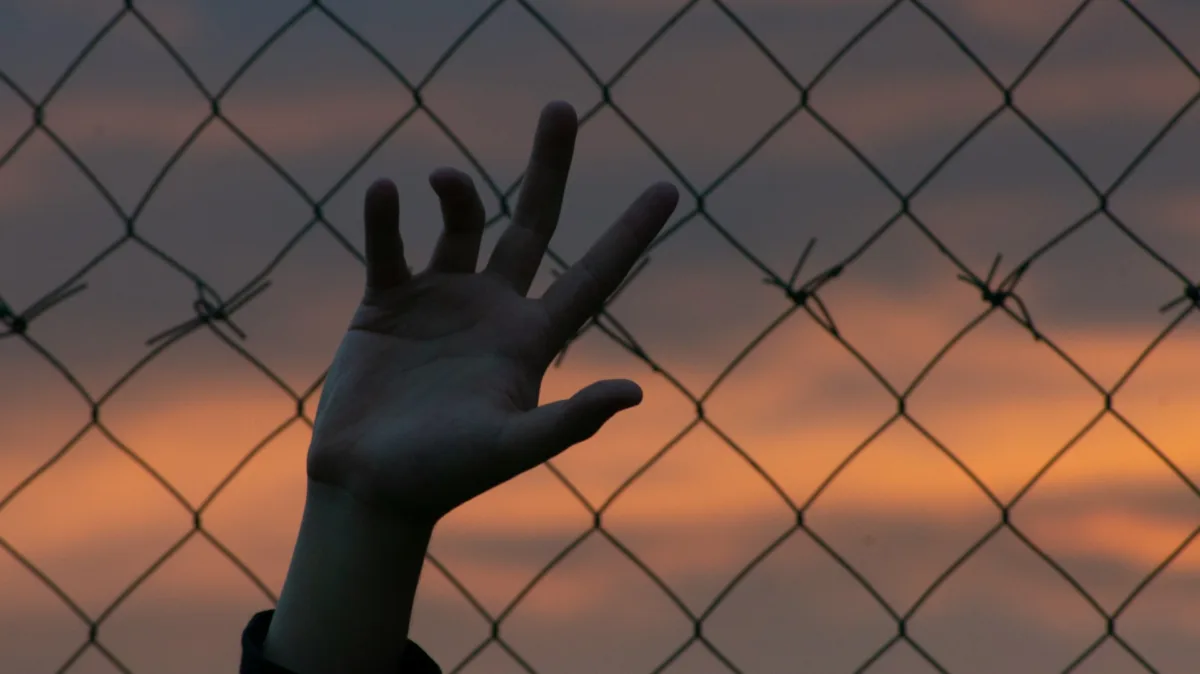
Corridors of Contagion: How the Pandemic Exposed the Cruelties of Incarceration
The term short staffing is a euphemism to divert attention from the state’s continued addiction to incarceration.

The term short staffing is a euphemism to divert attention from the state’s continued addiction to incarceration.
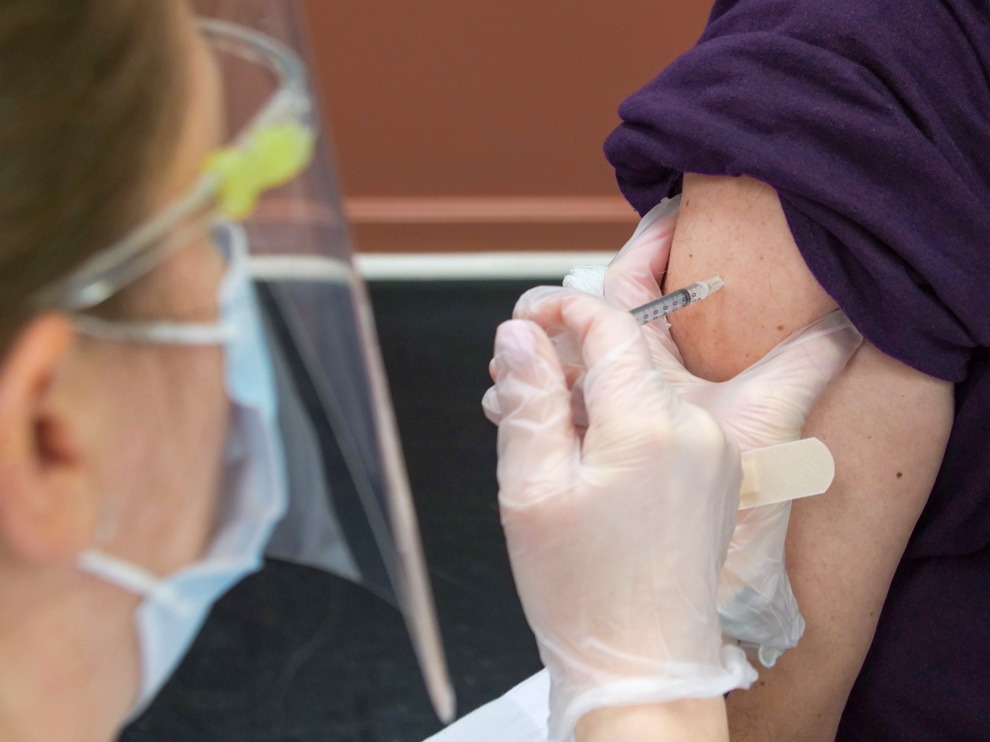
If you missed it last week, we’ve officially kicked off our year-end fundraising campaign through NewsMatch, an industry-wide program to sustain journalism through matching gifts on the local and national level. Through Dec. 31, NewsMatch will match your new monthly donation (at 12 times the value), or double your one-time gift, all up to $1,000. […]
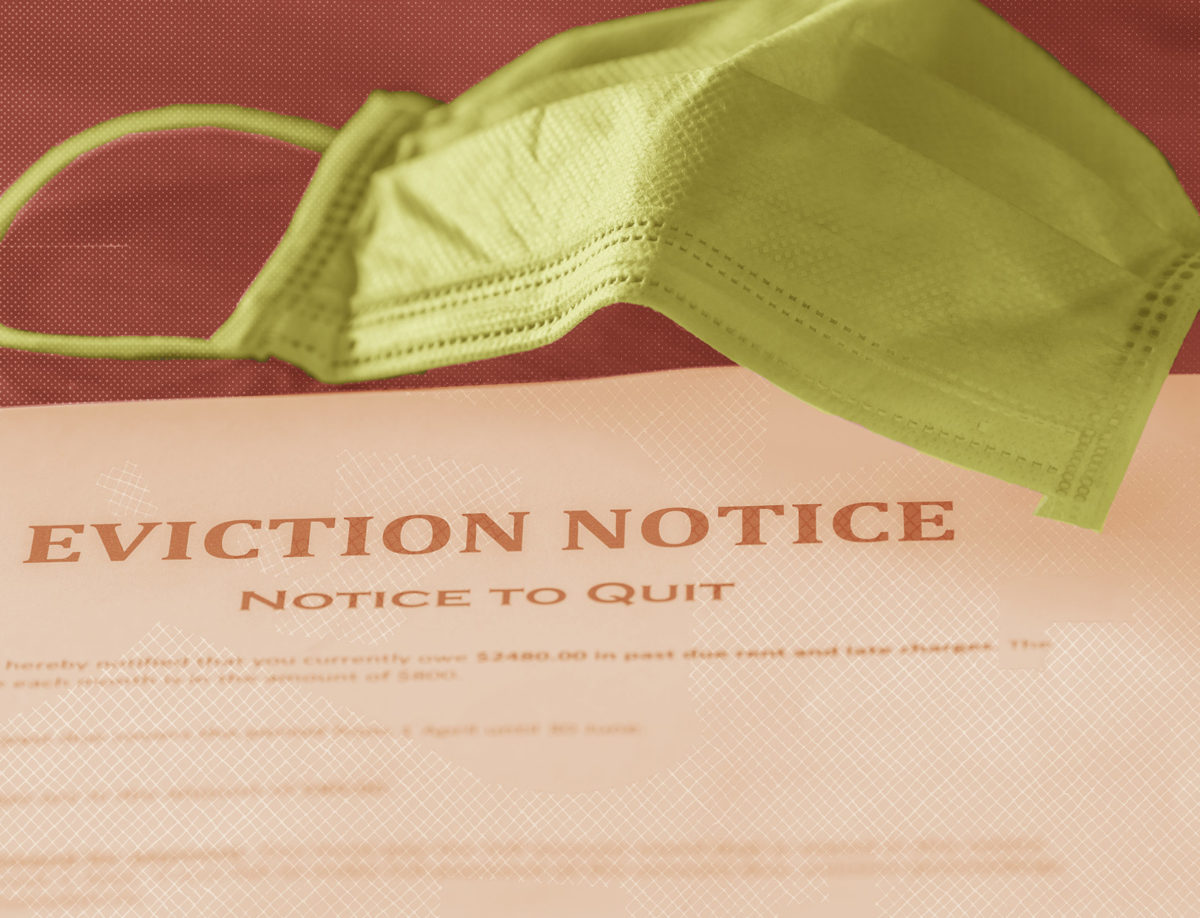
Only 7 percent of tenants in the state have legal representation in eviction proceedings. A bill in the Connecticut house is trying to change that.
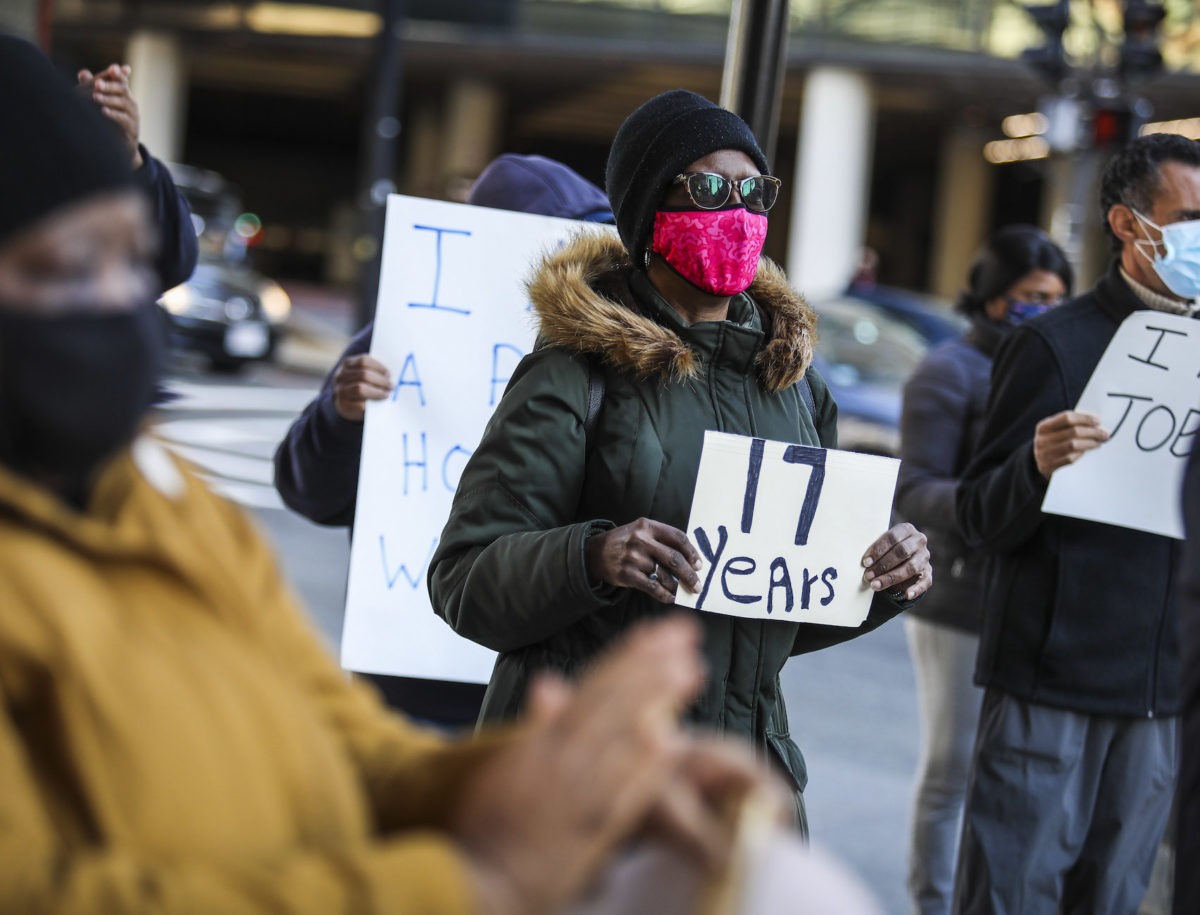
Biden’s American Rescue Plan is a start, but more public investment is needed to address racial inequality in the labor market.
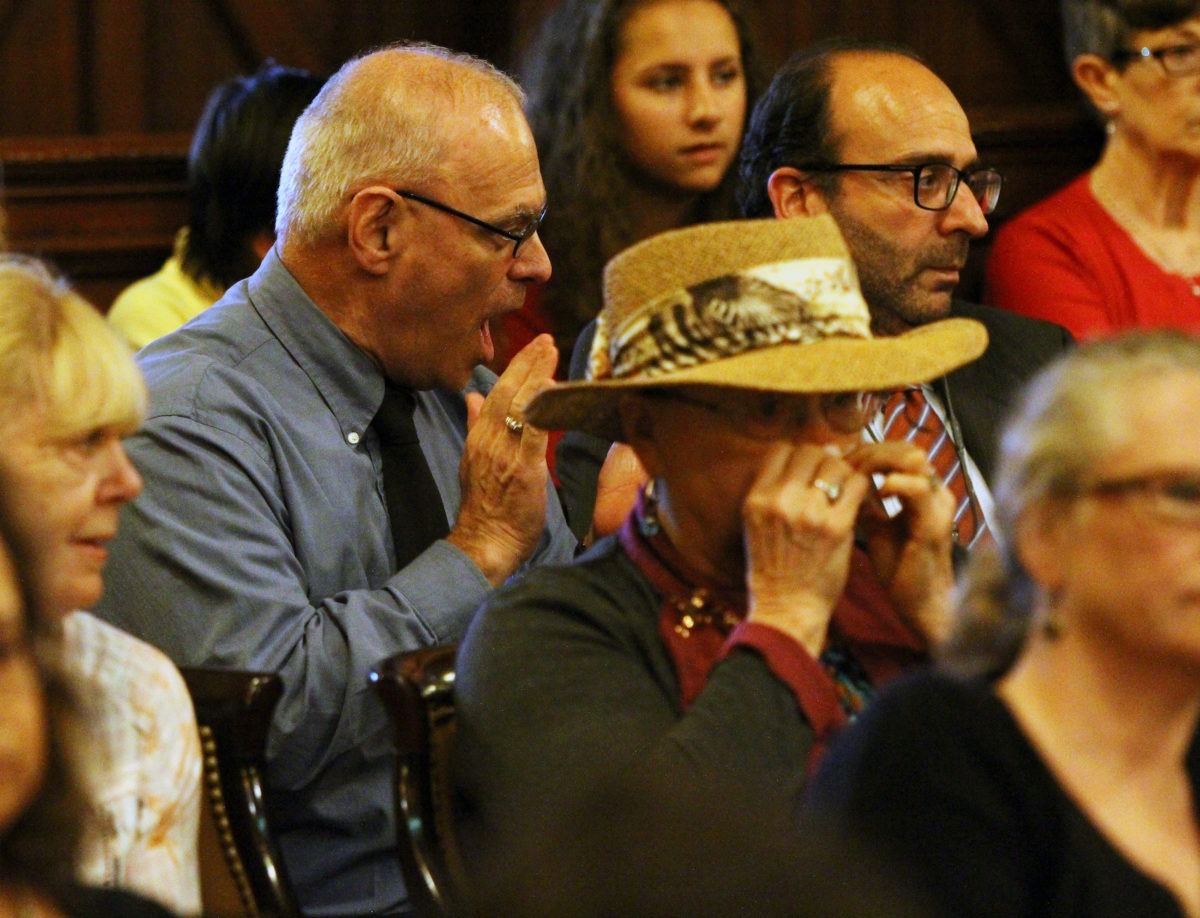
At the urging of advocates, Governor Tom Wolf signed off on all remaining commutations applications on his desk.
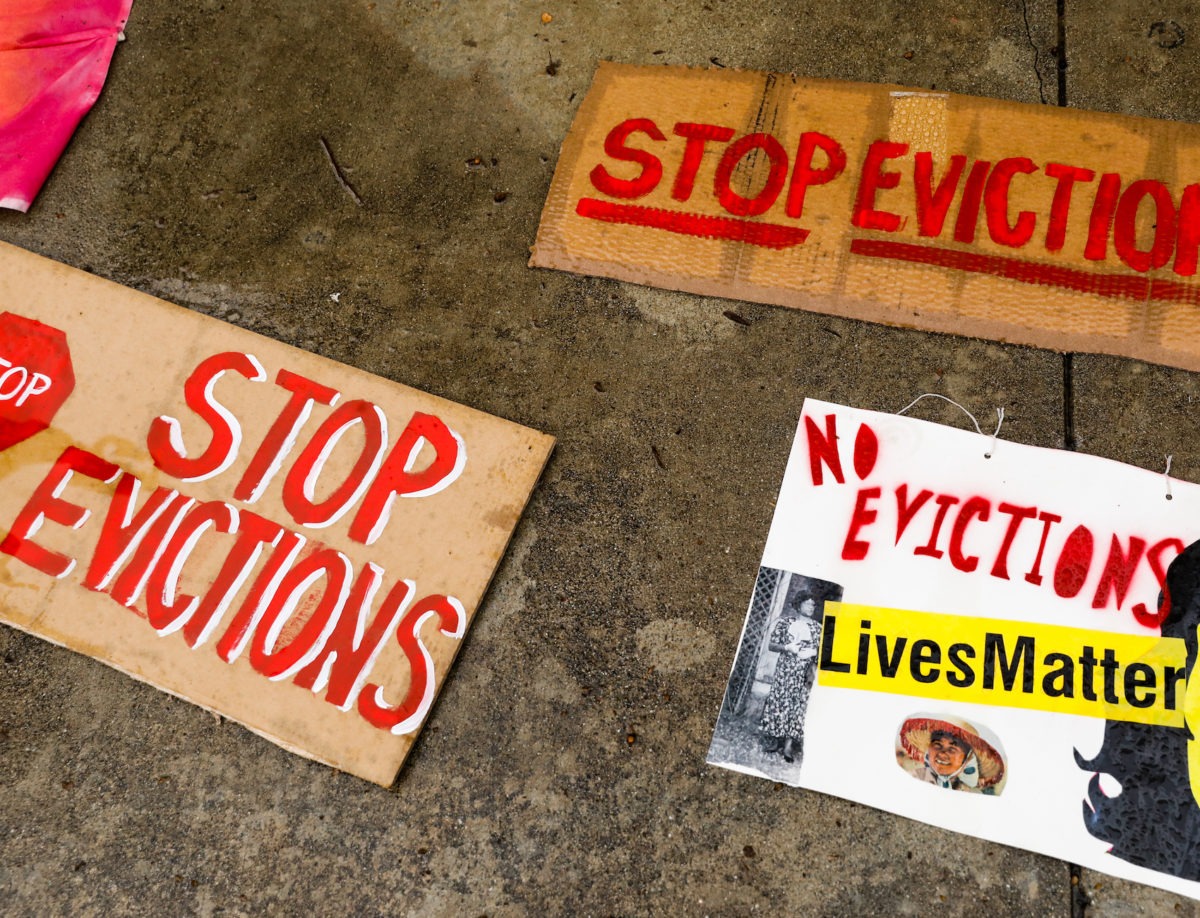
Policies that helped keep people in their homes—and keep the utilities on—reduced COVID-19 deaths and infections.
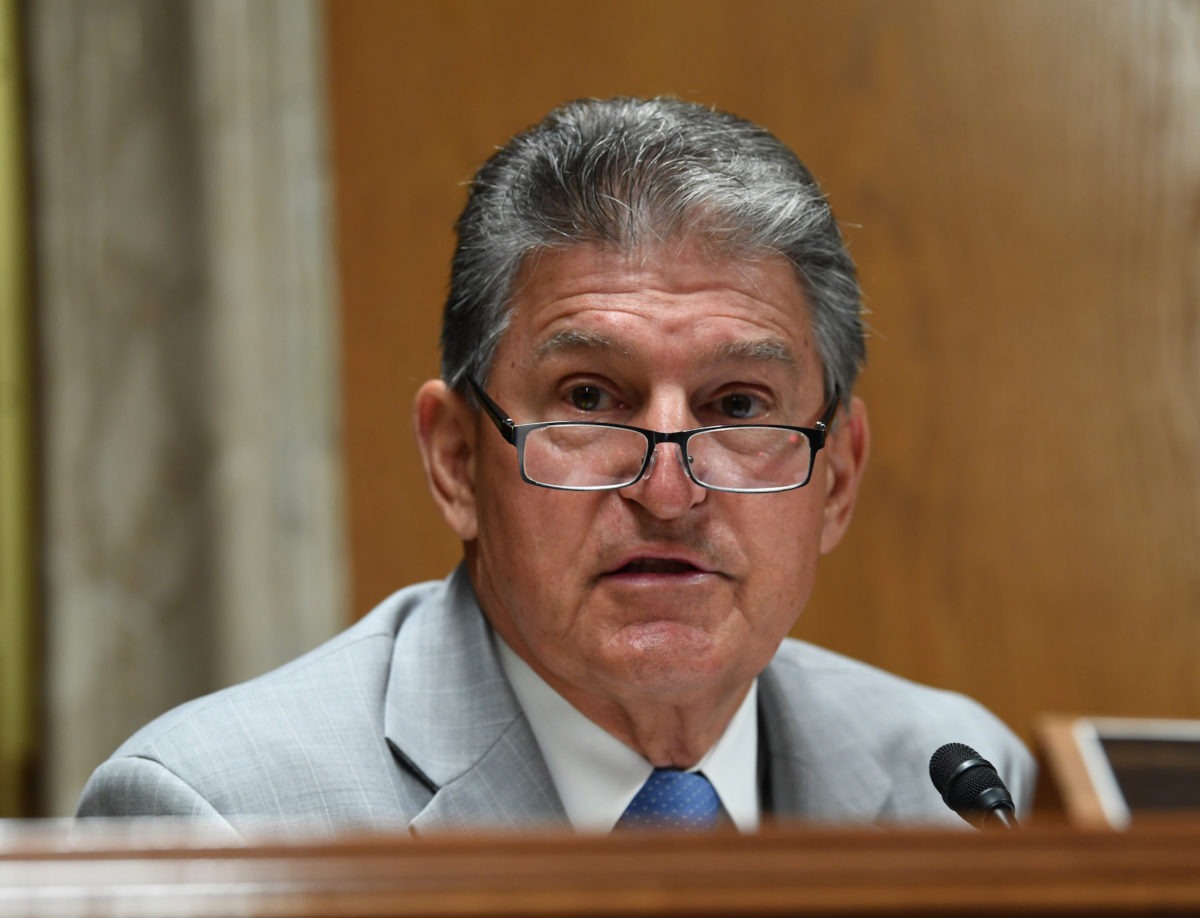
The intense backlash to his recent comments criticizing $2,000 stimulus checks signal the growing momentum for guaranteed income programs—and the emerging power of voters who care more about substantive results than partisan skirmishes.
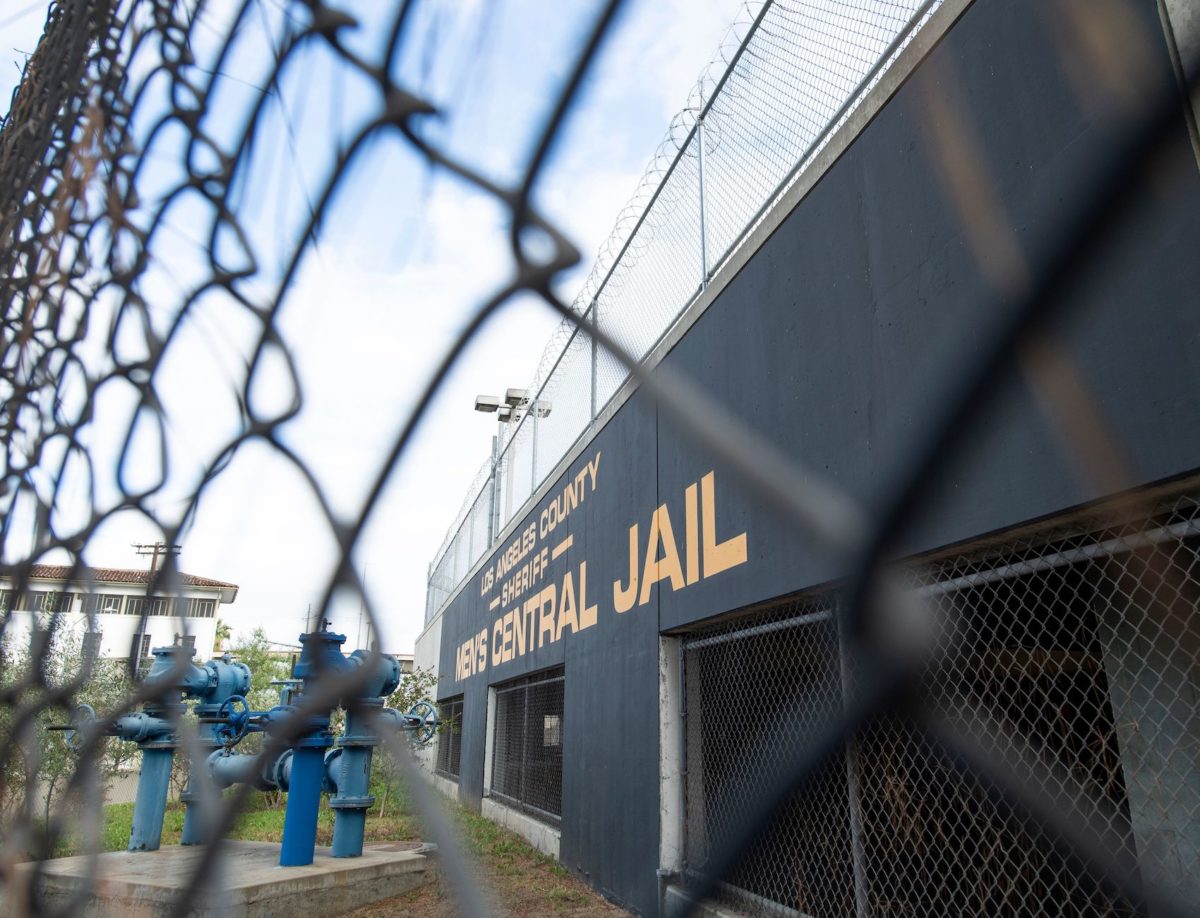
The percentage of people held pretrial for six months or longer is up six percent from January of last year, according to a UCLA School of Law report.
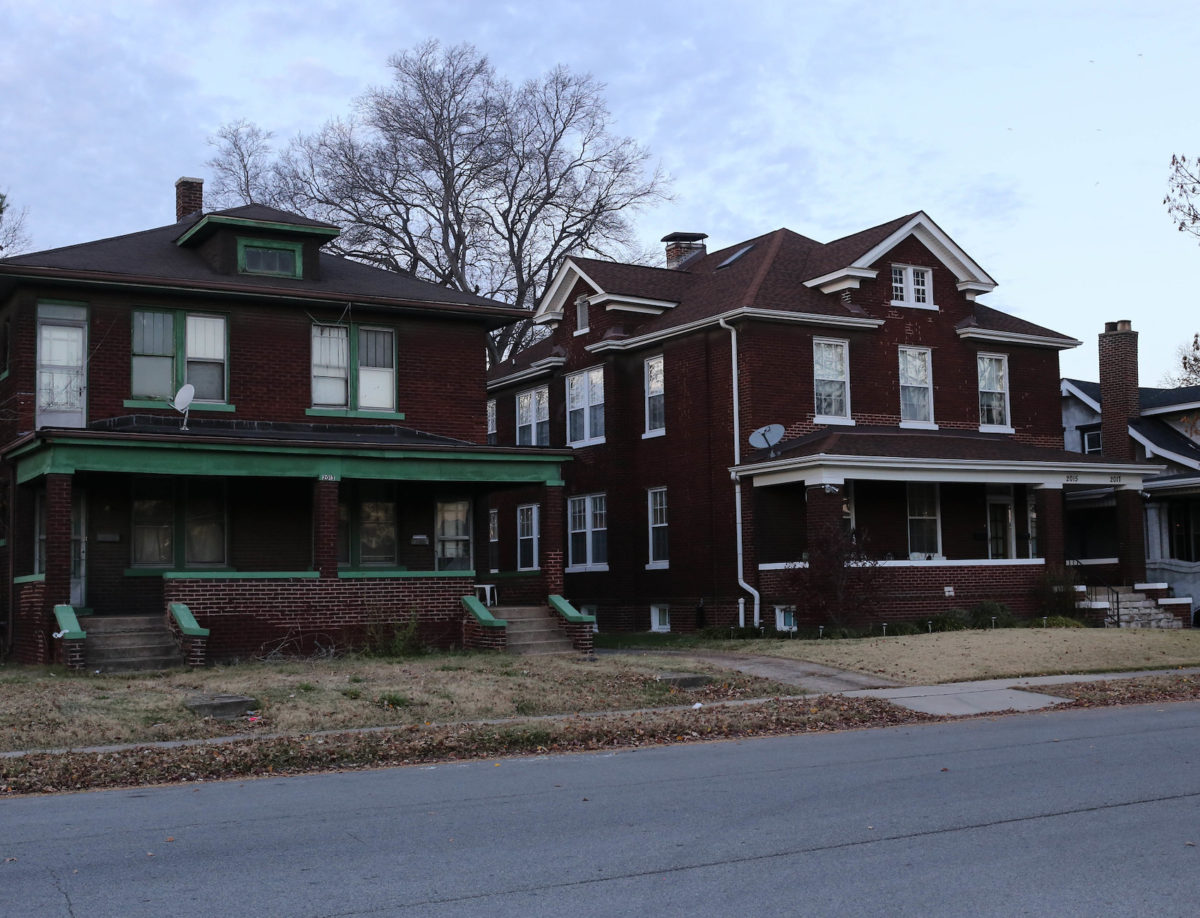
In Granite City, Illinois, landlords have been penalized for refusing to evict tenants who have criminal records or are simply living with someone who does.
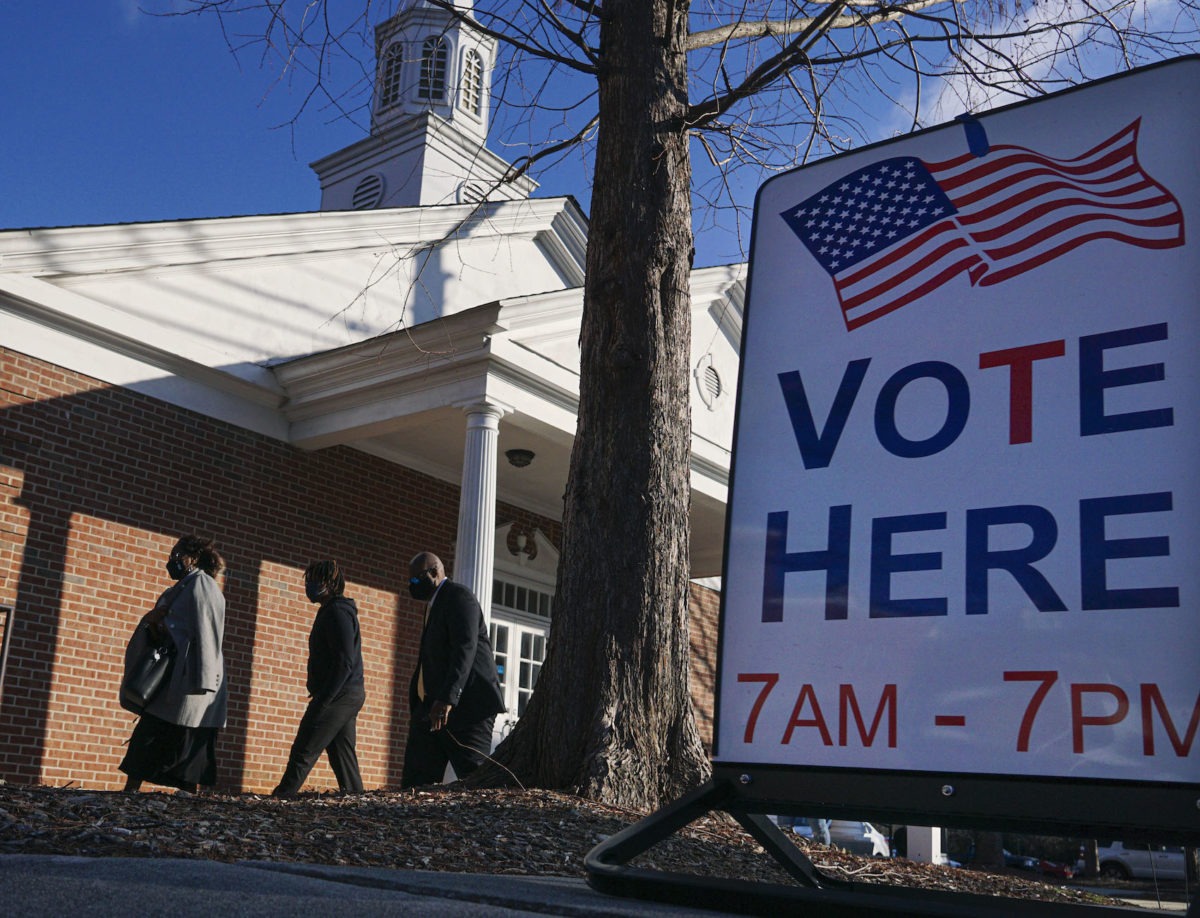
It’s time for political leaders, no matter their party, to listen to voters—and provide financial relief from the pandemic.

Decades of exploitation, abuse, and racism in medicine have cost many Black Americans their lives during the pandemic. Now the government can act to prevent further harm.
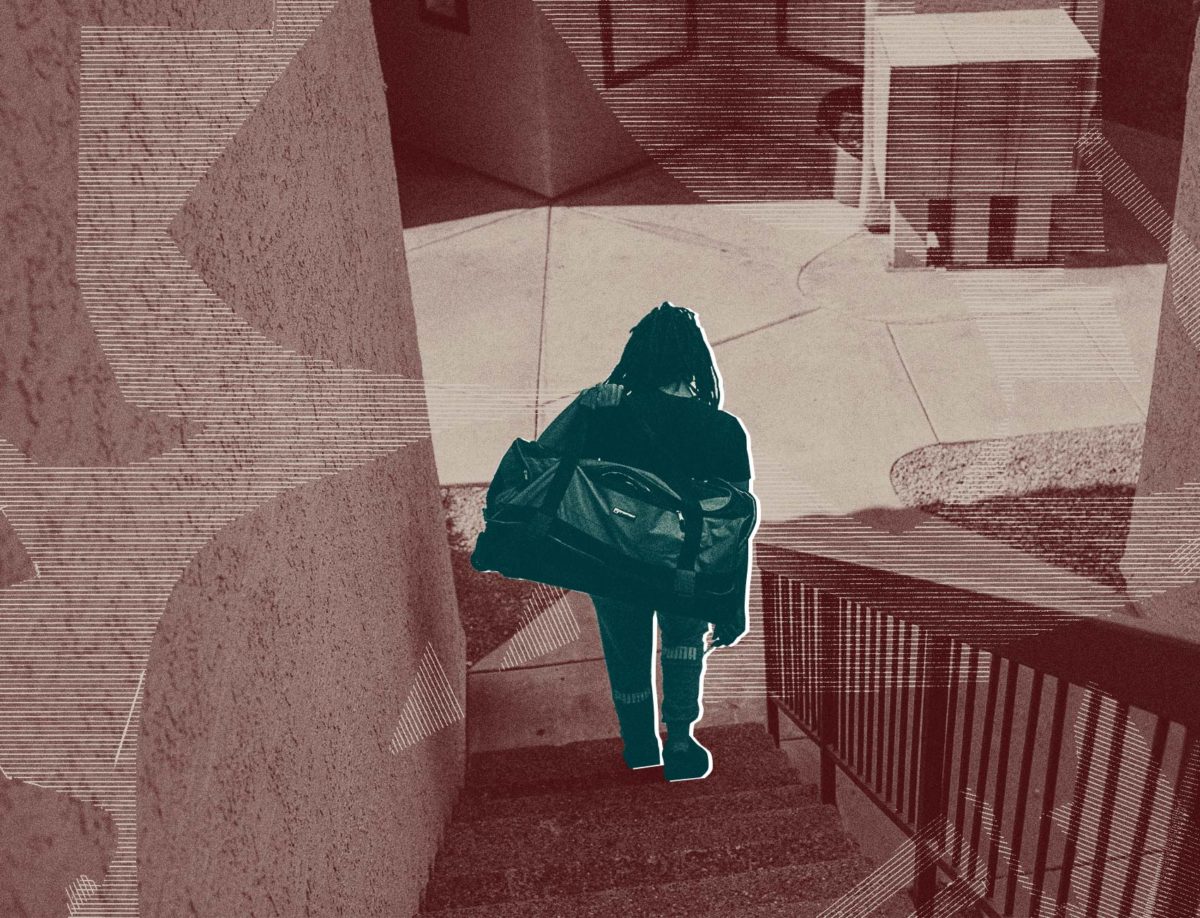
Landlords have continued forcing renters out of their homes, despite a patchwork of protections from federal and local governments. Now, with the CDC moratorium set to expire on Dec. 31, millions of Americans could be evicted.
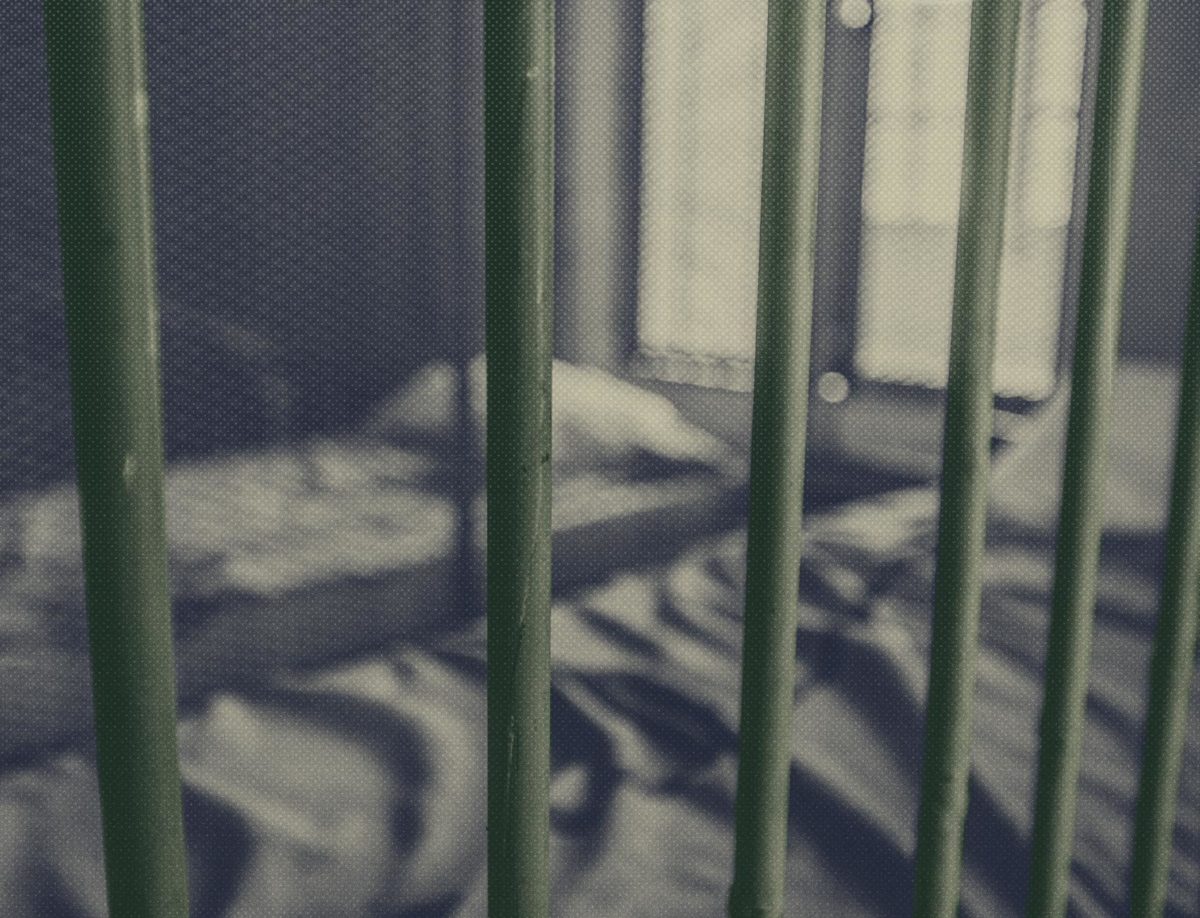
The Philadelphia Community Bail Fund, which recorded and published the complaints, paid for the release of some incarcerated women on Saturday.
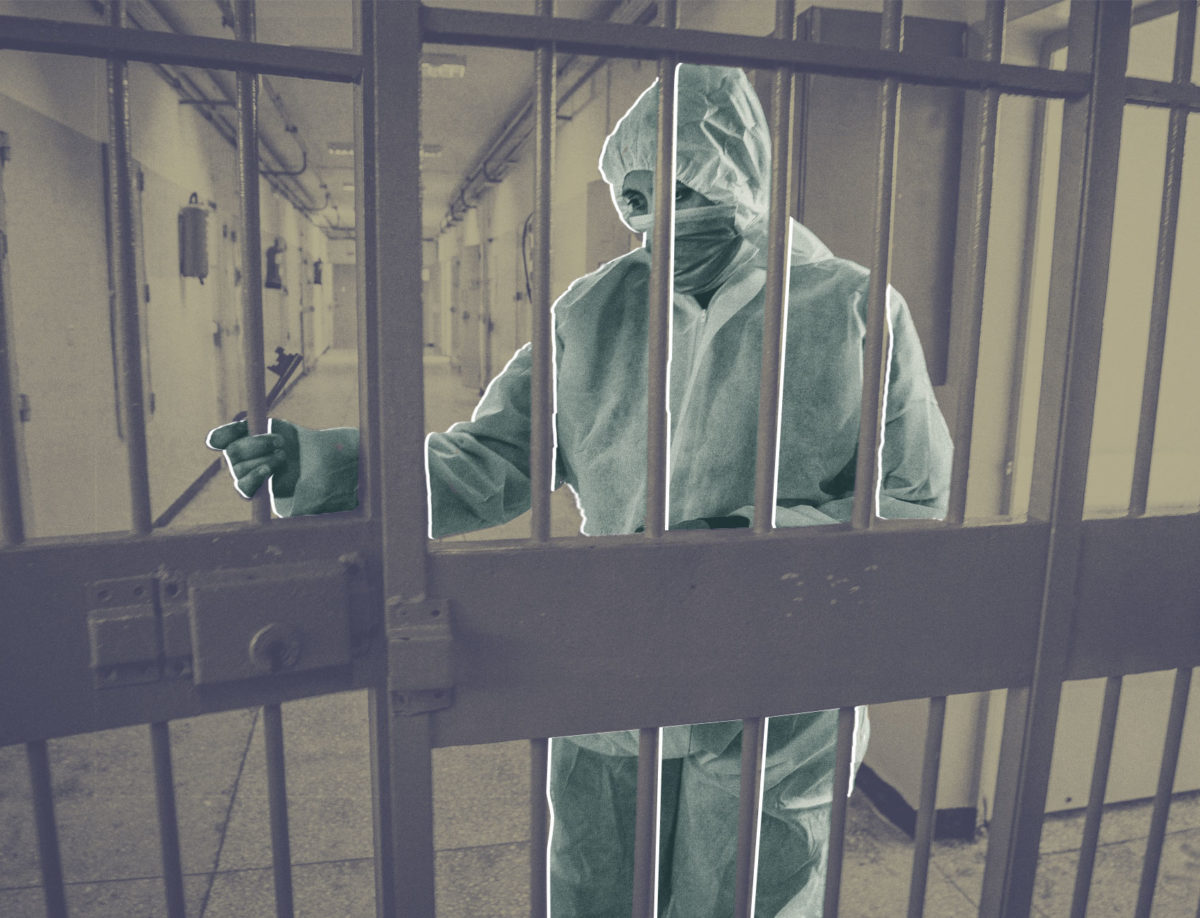
The report found that spread inside correctional facilities contributed to community spread, particularly in California, Florida and Texas.
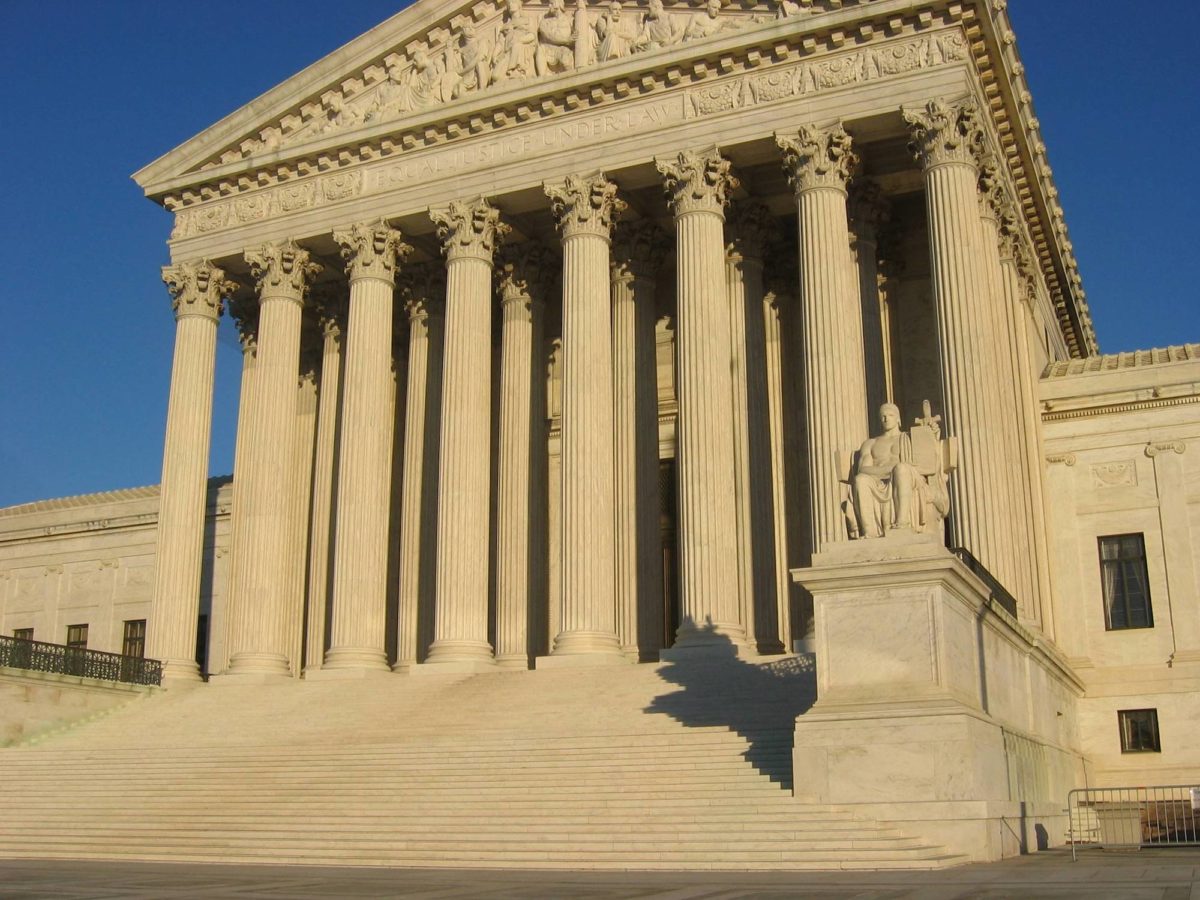
The Court’s willingness to infer discrimination against Judeo-Christian religions from poorly articulated remarks that accompanied a public health response to COVID-19 may make other laws and policies vulnerable to claims of religious discrimination as well.
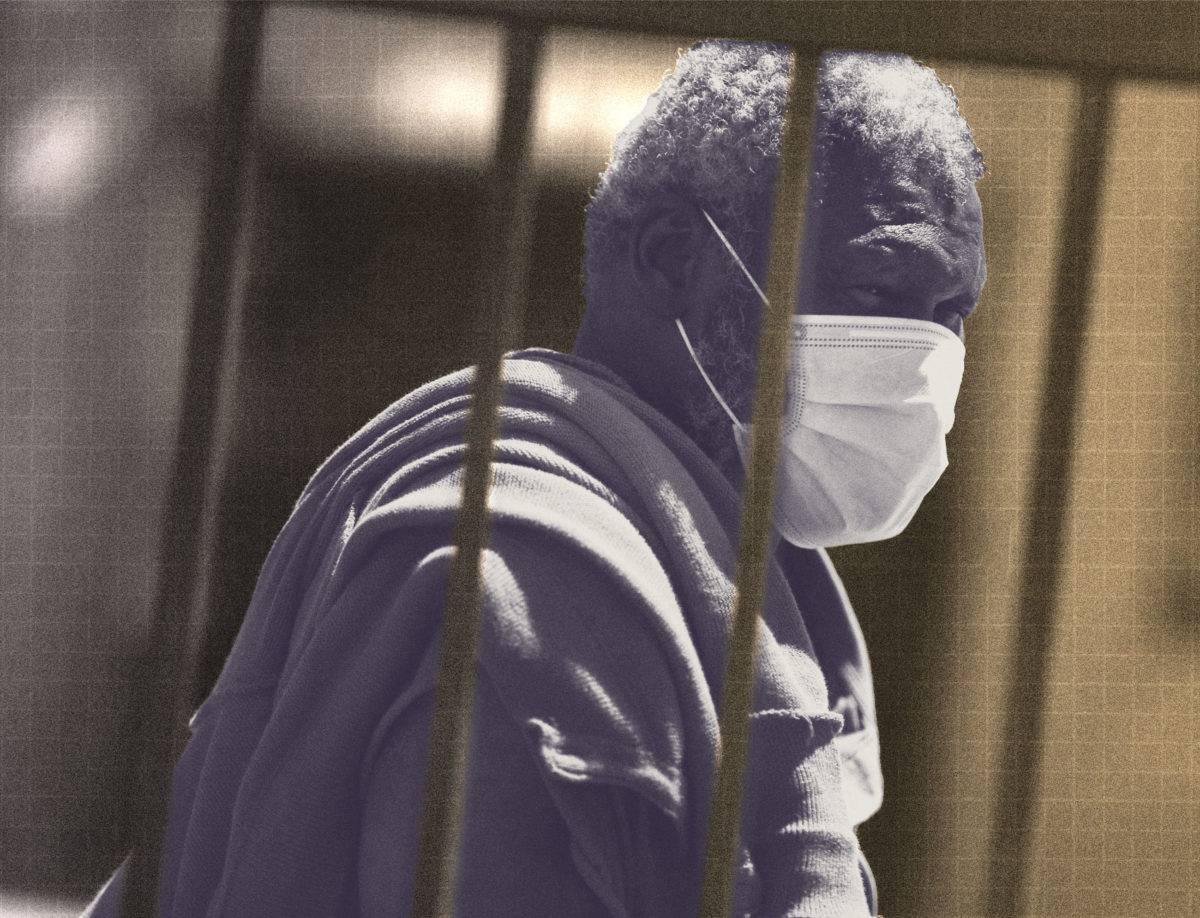
The coronavirus has ripped through our prison and jail populations, infecting and killing hundreds of thousands of people most vulnerable to COVID-19.
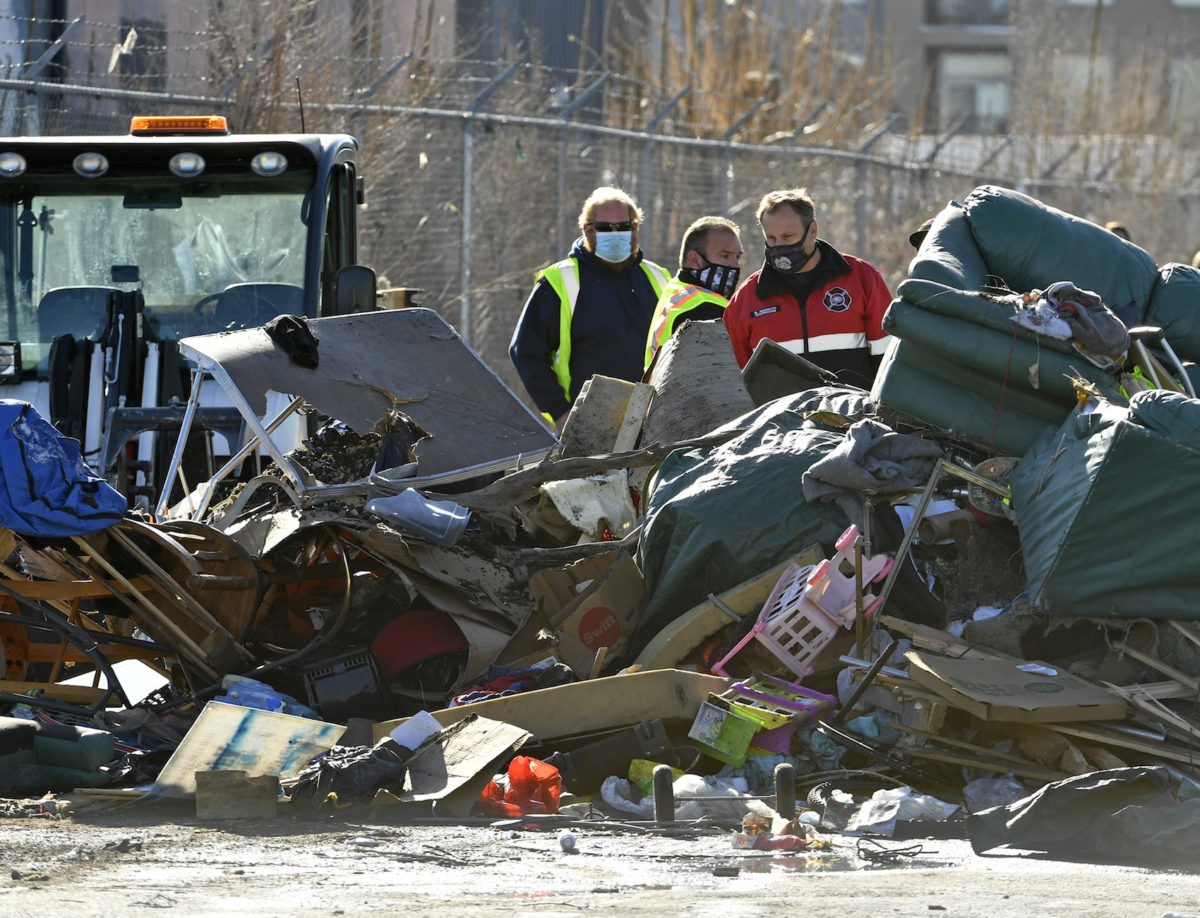
Cities across the country have continued to displace and criminalize homelessness during the pandemic, though the CDC cautions clearing encampments can heighten the potential for the spread of COVID-19.
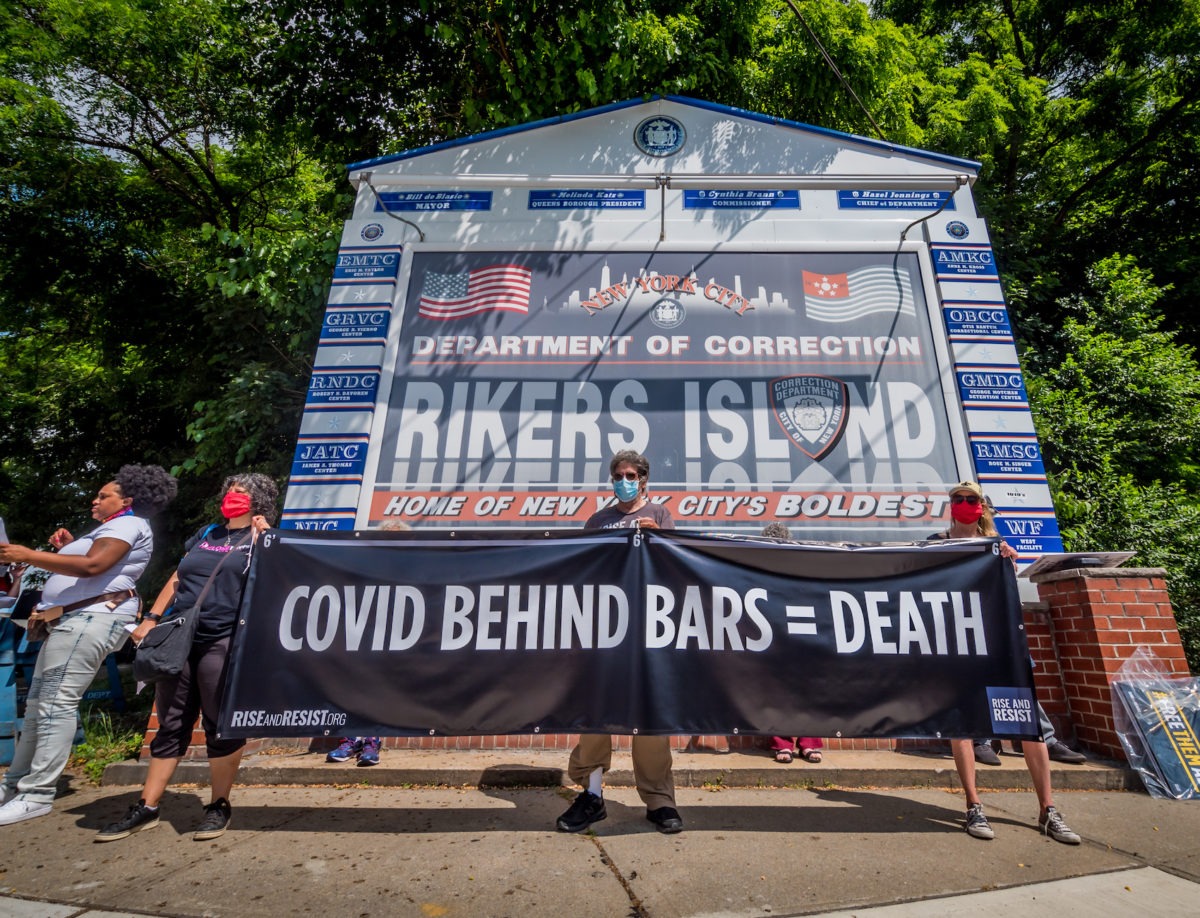
New York City’s jail population is close to reaching pre-pandemic levels. Advocates say dishonest fearmongering about bail reform—and the politicians who capitulated to it—have created a very real safety crisis.
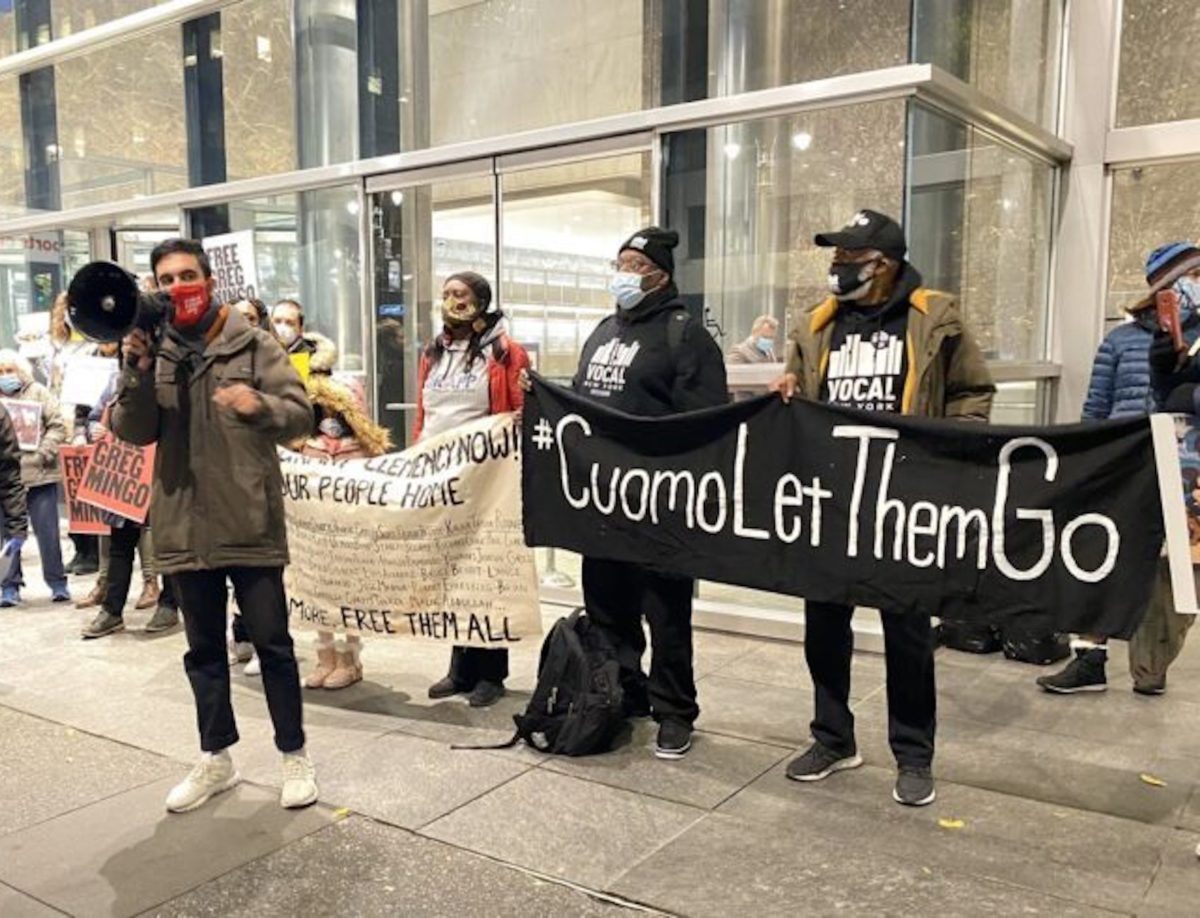
In addition to the releases he has already ordered, the New York governor can grant commutations to free more incarcerated people to protect them from the disease. He has issued only three since the pandemic began.
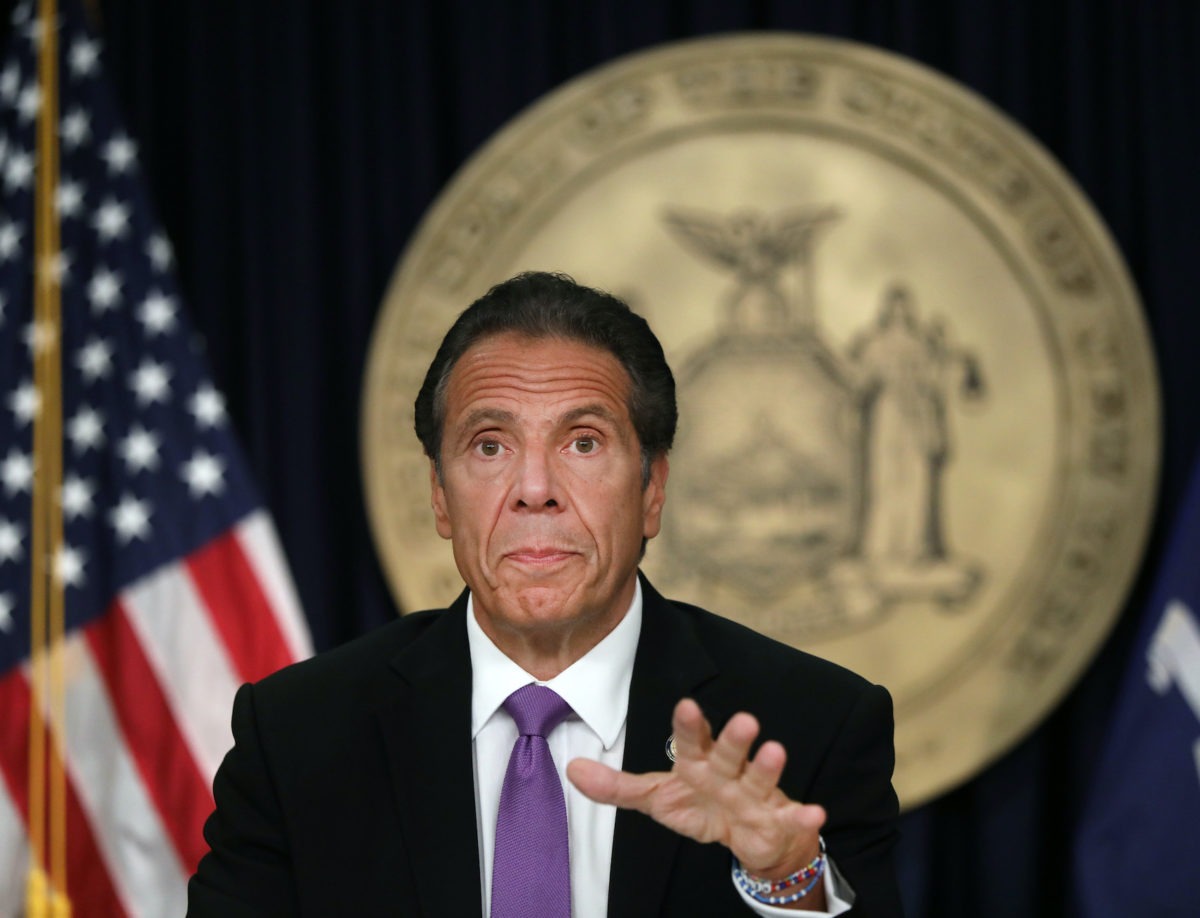
The governor has rolled back bail reform, not released enough prisoners during the pandemic, and failed to rein in police abuses, advocates and prisoners say.
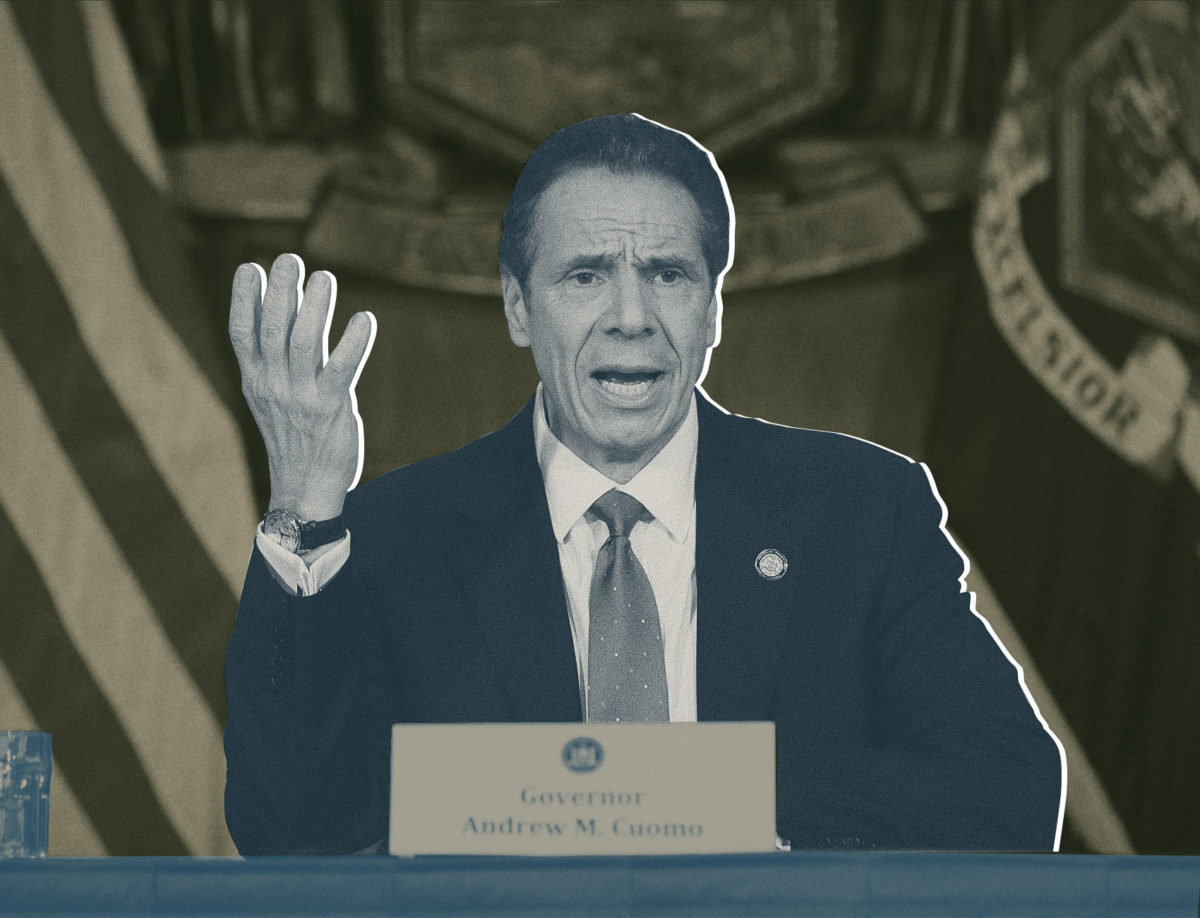
Progressive lawmakers and activists say Cuomo has failed to adequately protect those who are out of work, at risk of losing their homes, or living behind bars, where the virus has spread rapidly.
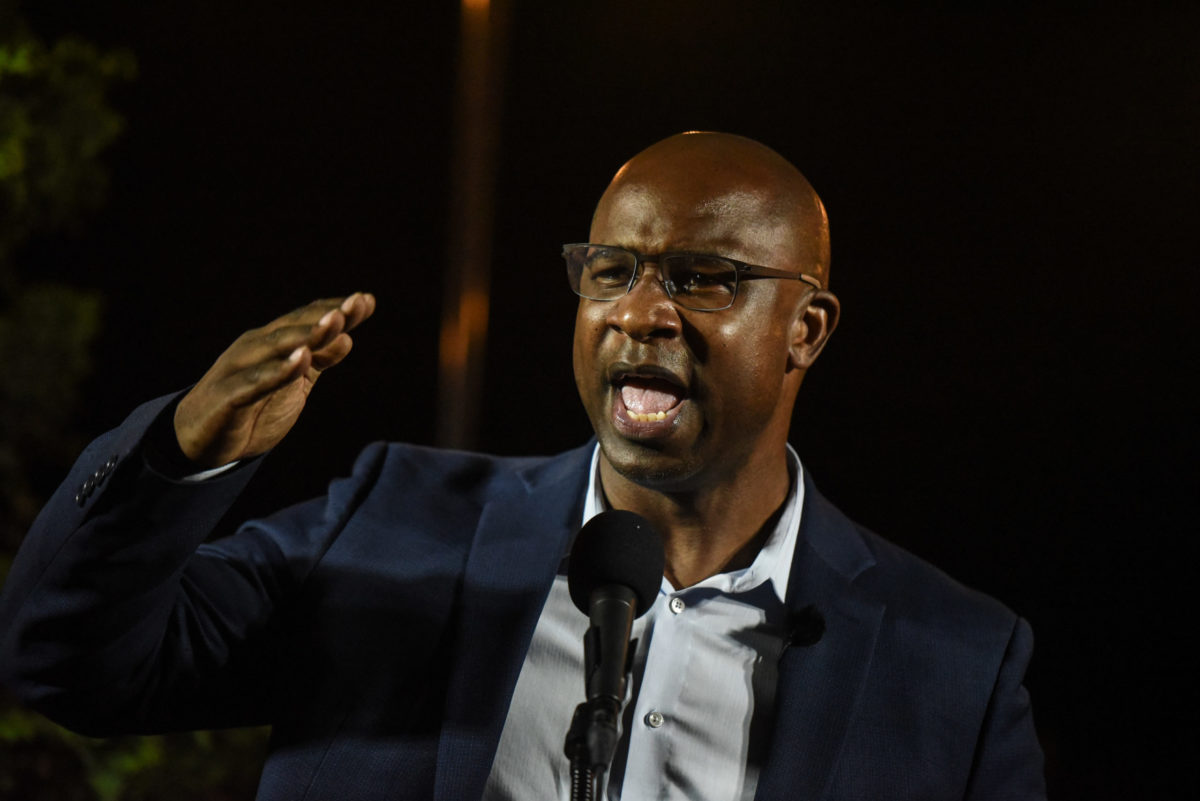
Bowman has also advocated for an eviction moratorium and for rental payments to be cancelled for the duration of the pandemic.
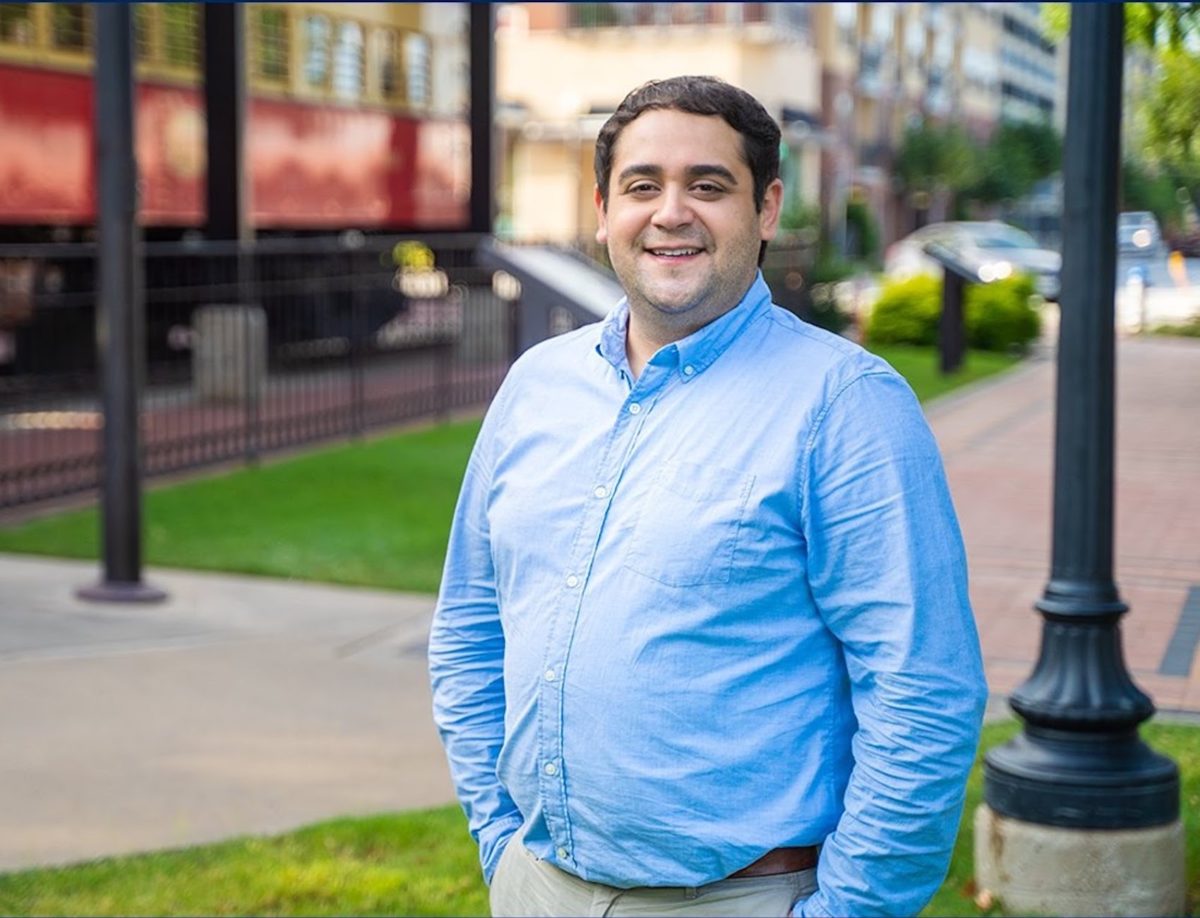
Sanchez is running for one of the state House seats that Democrats are hoping to flip.
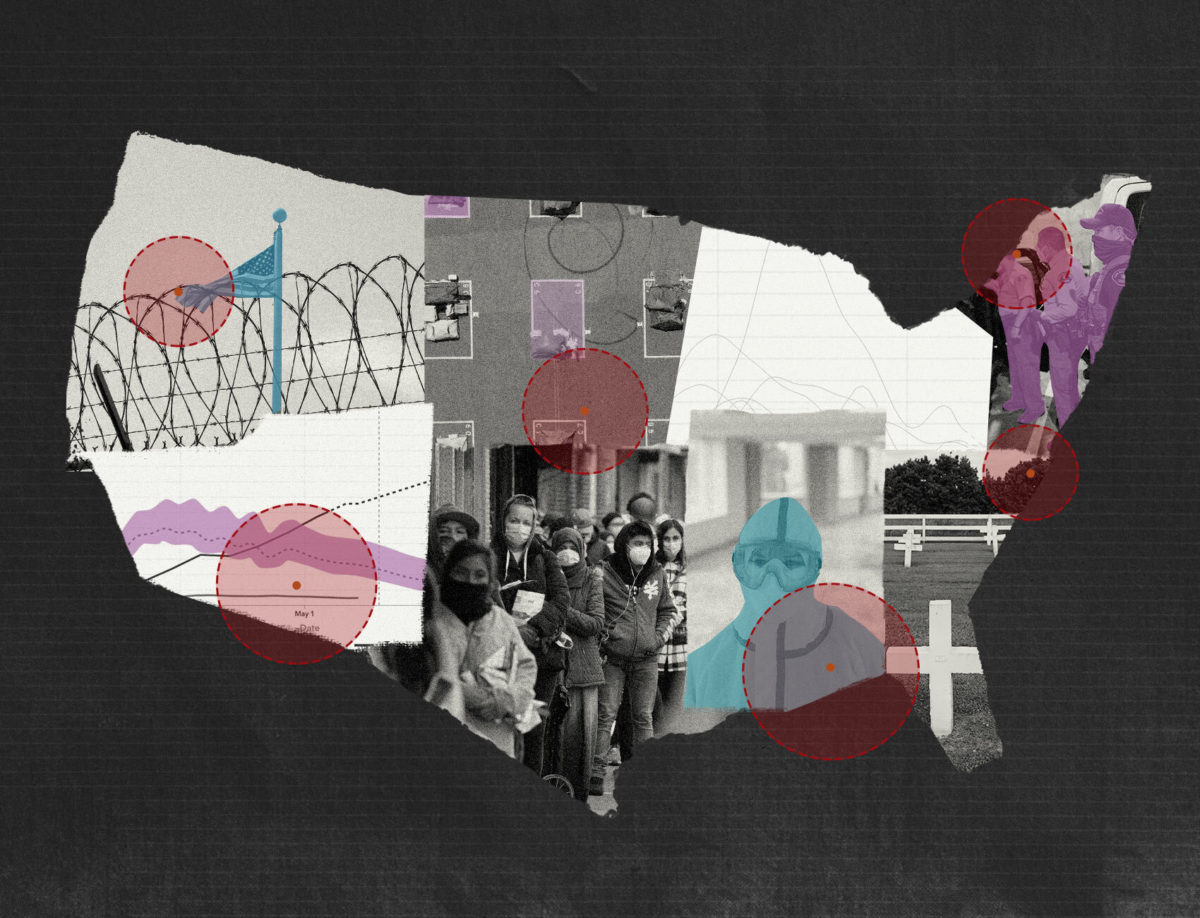
A California appeals court orders San Quentin prison to reduce its population by half, the ACLU’s Death by Incarceration project paints a stark picture of COVID-19’s toll, and a new law grants early release to 3,000 New Jersey prisoners.
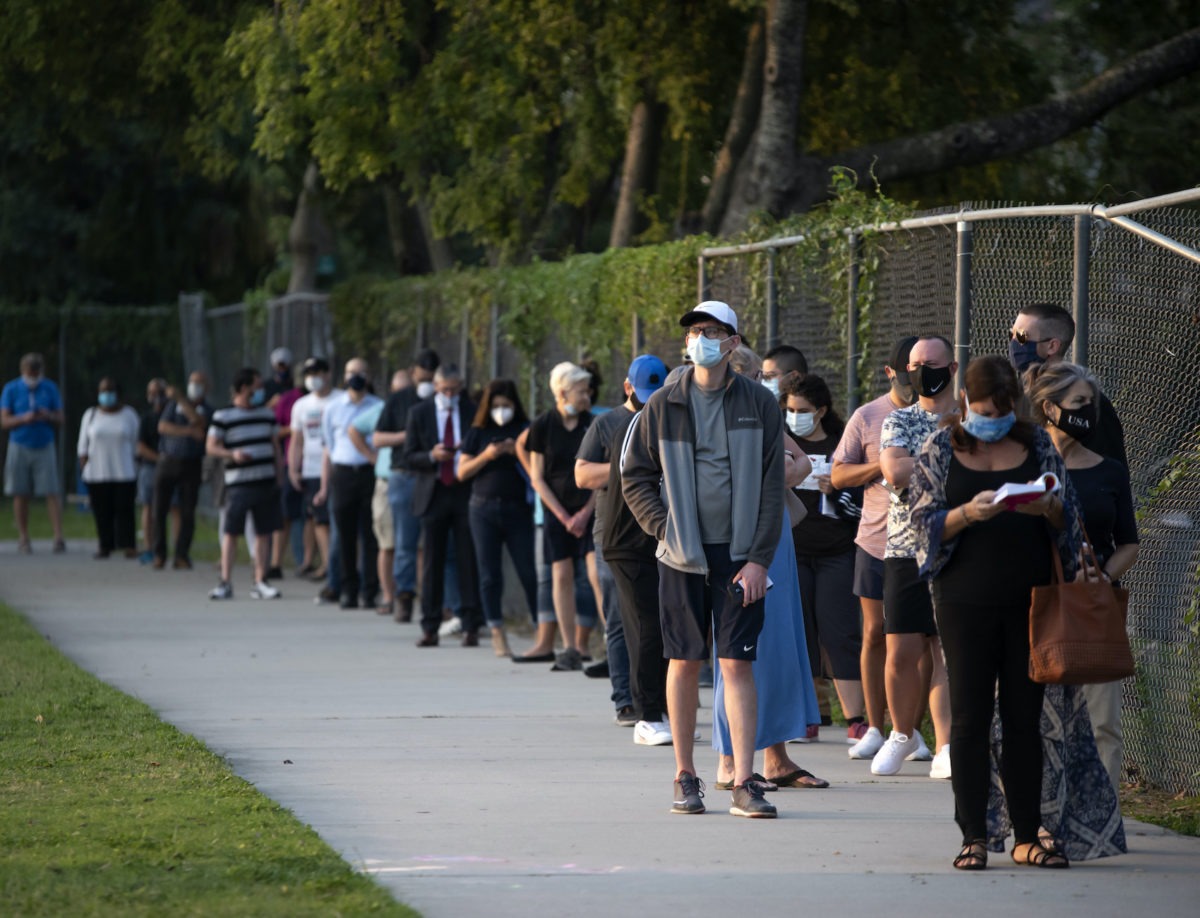
Efforts by elected leaders in several states are making it harder to get to the polls and fomenting misinformation about the election amid a pandemic.
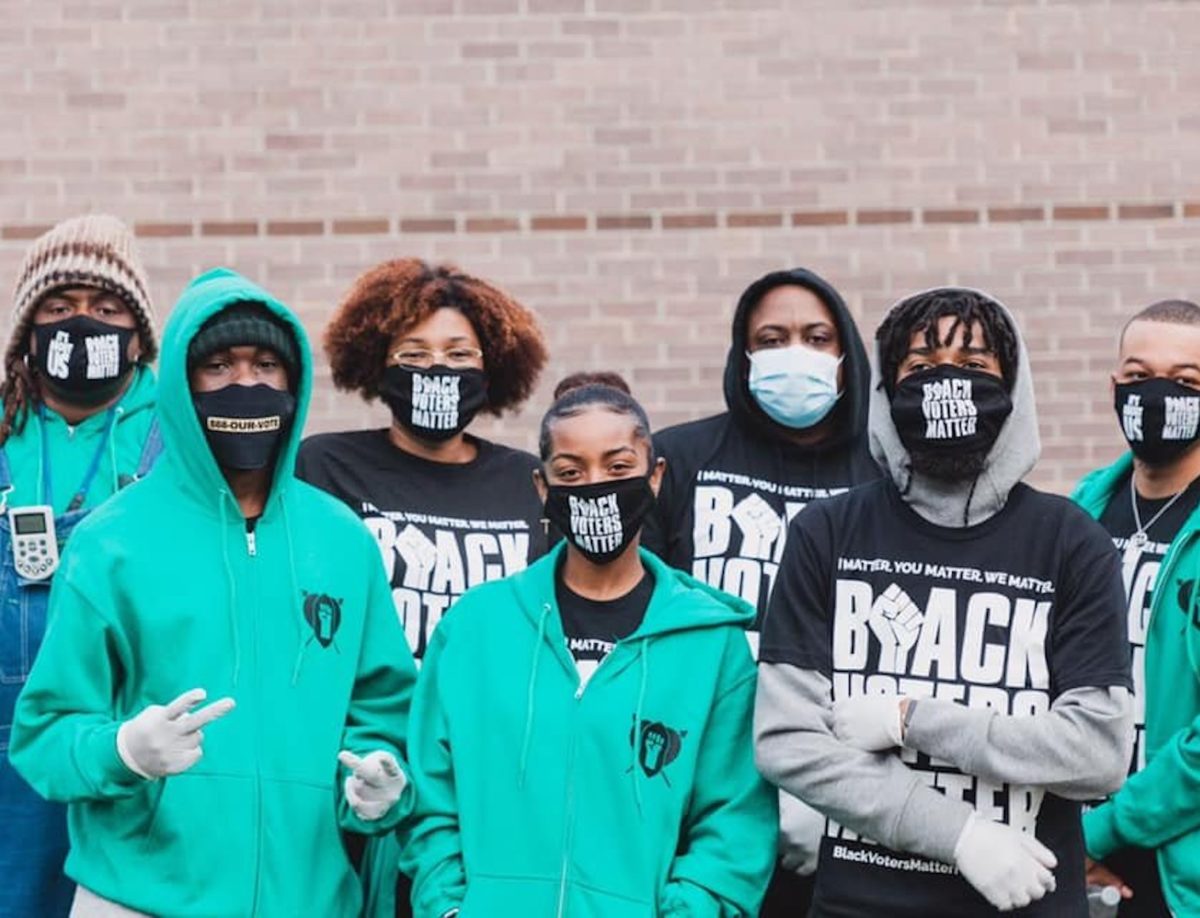
The group is seeing real challenges posed by the pandemic, voter suppression tactics, and threats of intimidation.

The state representative wants to bar landlords in Pennsylvania from reporting missed or late rent payments to credit agencies.

COVID-19 has exposed a huge gap in knowledge over the rights of hospitalized prisoners, Wisconsin sees a spike in new cases in correctional facilities, and vitamin D might help save the lives of incarcerated people.
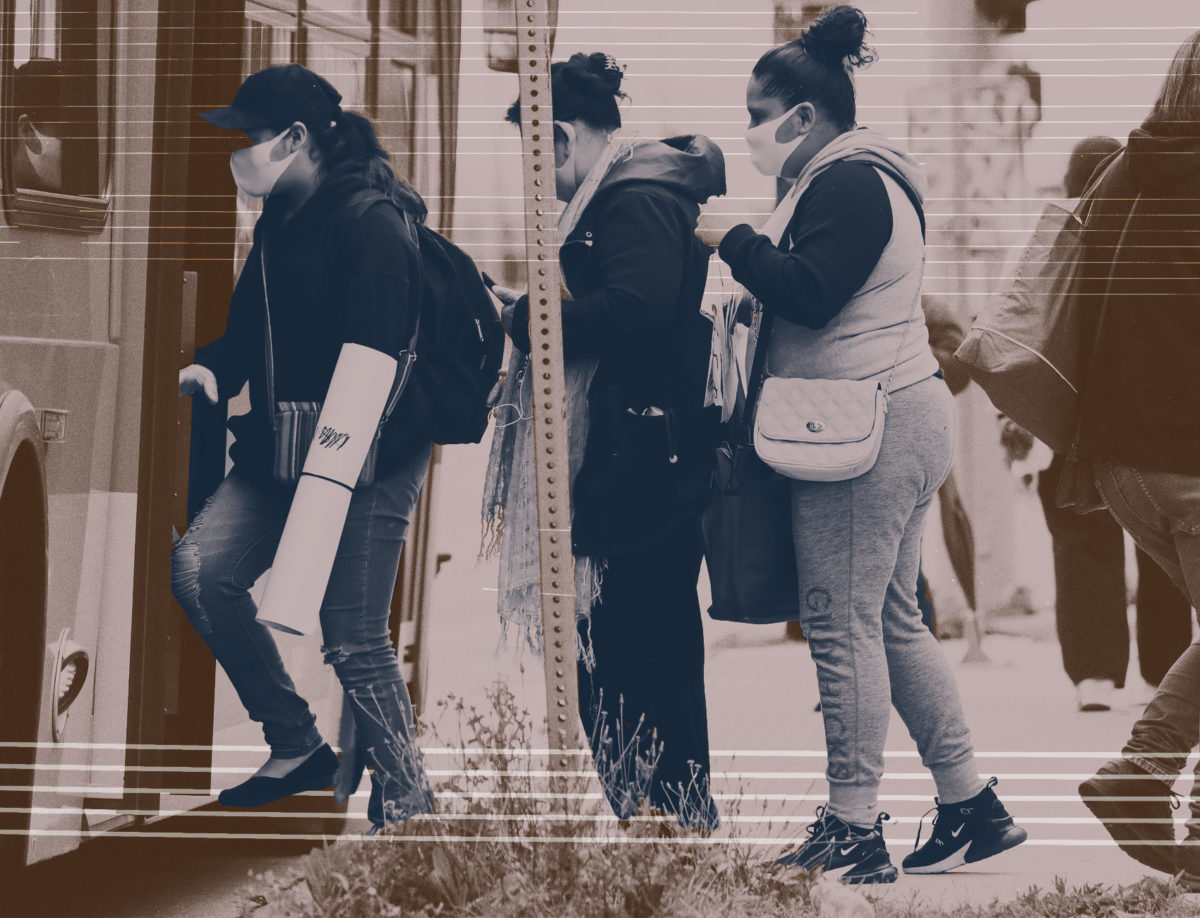
Passing the HEROES Act would provide crucial protections to some of the most vulnerable essential workers, they say.

A ruling by a Texas judge slams officials for deliberate indifference toward vulnerable prisoners; in San Diego, an ill-advised hospital visit led to a massive COVID-19 outbreak; and a new report finds an alarming increase of Latinx and Native American youth in juvenile-detention facilities.

A new report documents pandemic-driven efforts to release people from Chicago’s Cook County jail, how Virginia’s 900-page COVID-19 response plan has failed elderly and ill prisoners and federal prosecutors argue that a life sentence equals a death sentence.

New Jersey is close to enacting a law that would release up to 3,000 people from prison, advocates urge New York legislators to consider early parole for elderly prisoners, and California prisons see a new spike in coronavirus cases.
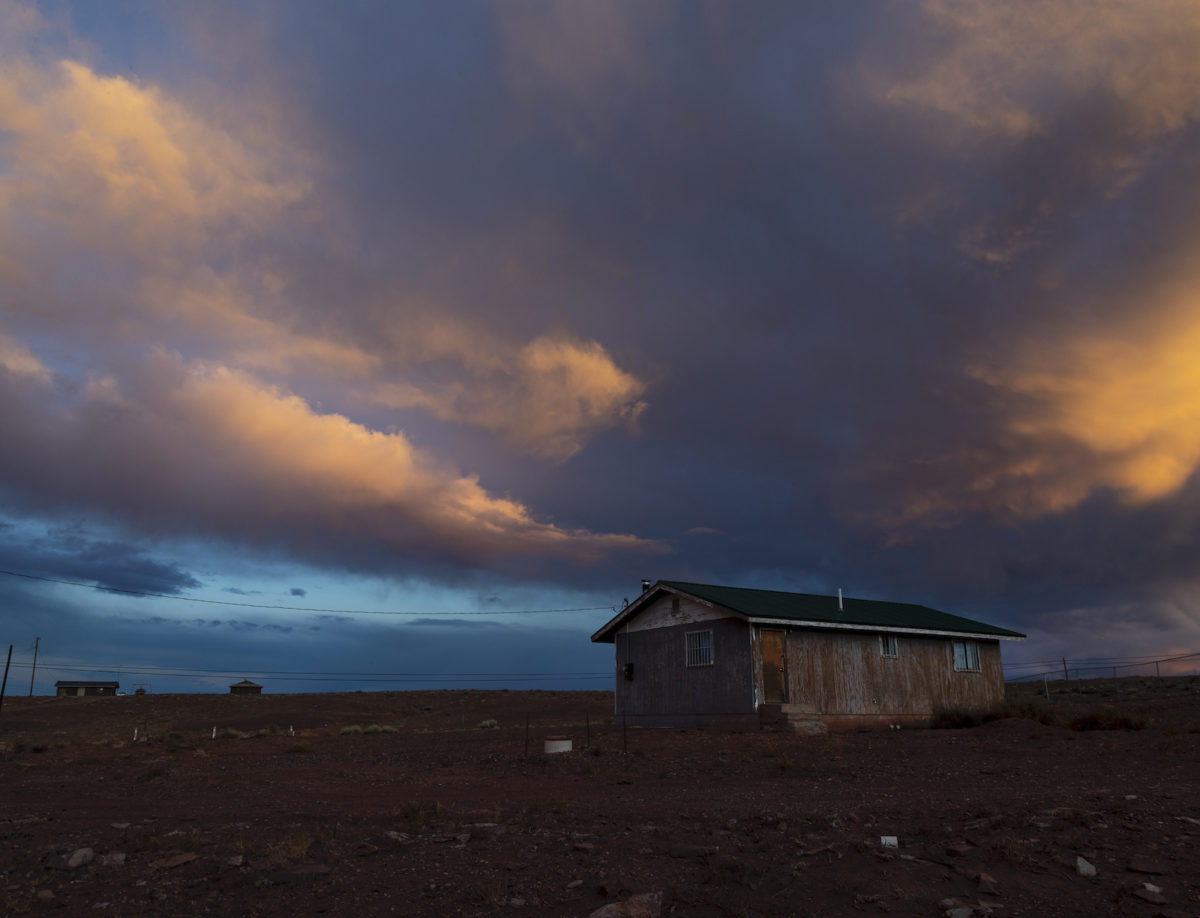
In a typical election, Natives face multiple forms of voter suppression. With more than one-third of Americans expected to vote by mail this year, Native communities are facing a new set of problems.

Experts discuss ongoing issues with COVID-19 in prisons and jails, Oklahoma prison officials agree to mandatory testing of all staff, and an incarcerated journalist pens a heart-wrenching account of his experience with coronavirus.
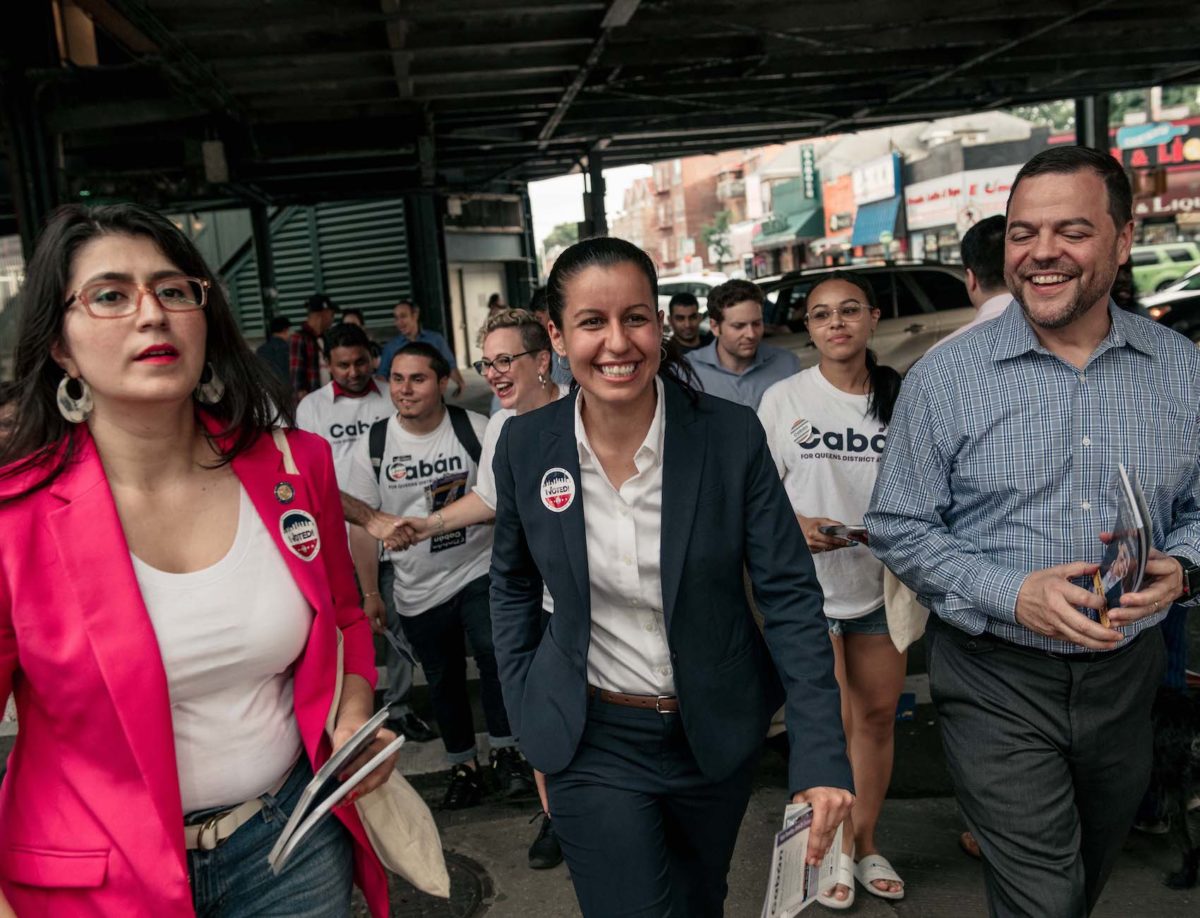
In the face of a pandemic and police violence, elected leaders have failed to keep us safe and to champion the voices of marginalized communities like mine. Now it is time to determine our own future.

Documents obtained by the ACLU suggest that restarting executions caused a COVID-19 outbreak at a federal prison; Florida’s Brevard County jail says it quashed an outbreak, but a lack of testing raises questions; and San Quentin’s newspaper is publishing again.

After testing positive for COVID-19, Tommy Zeigler, whose case inspired legislation and multiple investigative reports, is missing in a Florida prison; advocates for women inside Oklahoma’s Eddie Warrior Correctional Center want to hear from Gov. Kevin Stitt; and men quarantined in a previously shuttered prison say they’re being forced to pee in cups.

Women at California’s Folsom prison fear that men with COVID-19 will be transferred into their building, a new report looks at the shockingly high rate of COVID-19 deaths among incarcerated people, and we update our ongoing case tracker map.
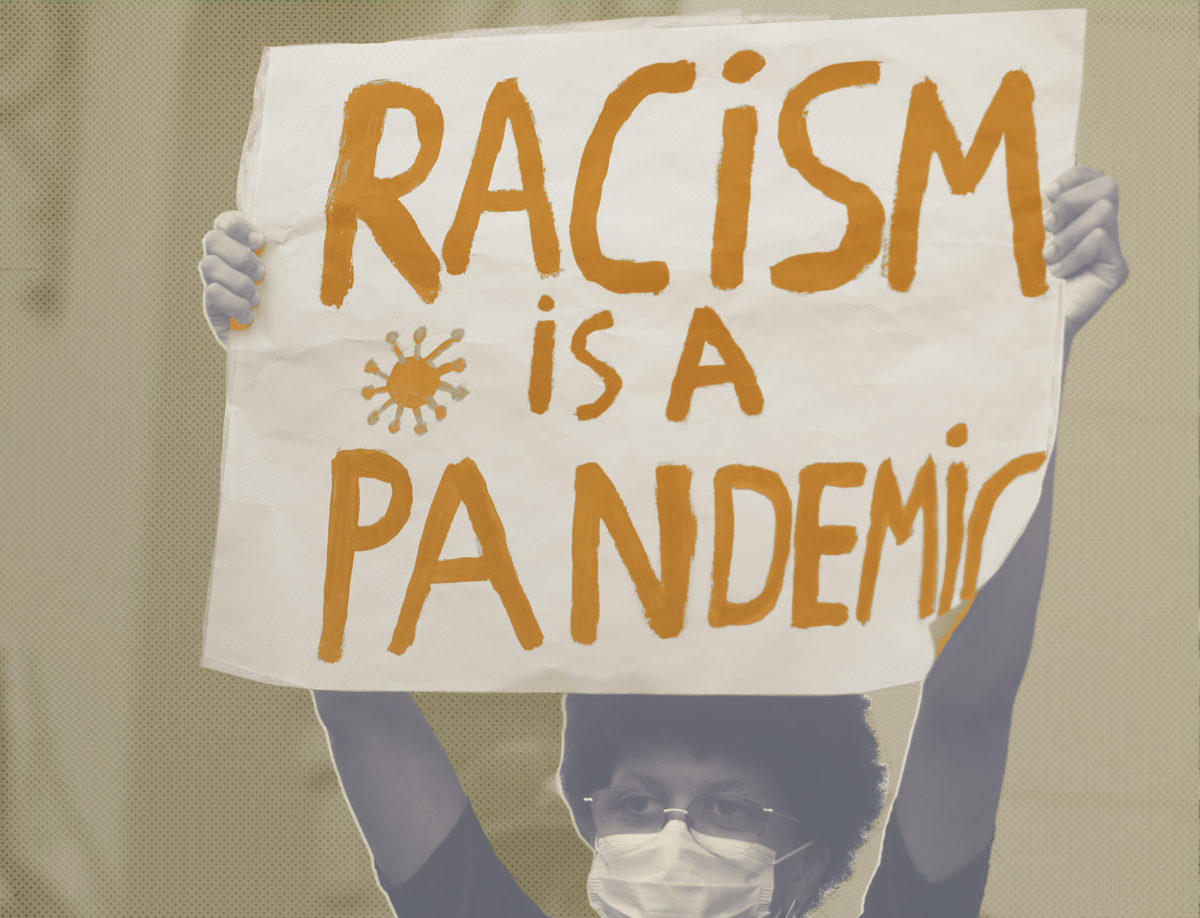
Members of Congress have introduced a bill that would create a National Center on Anti-Racism in Health.
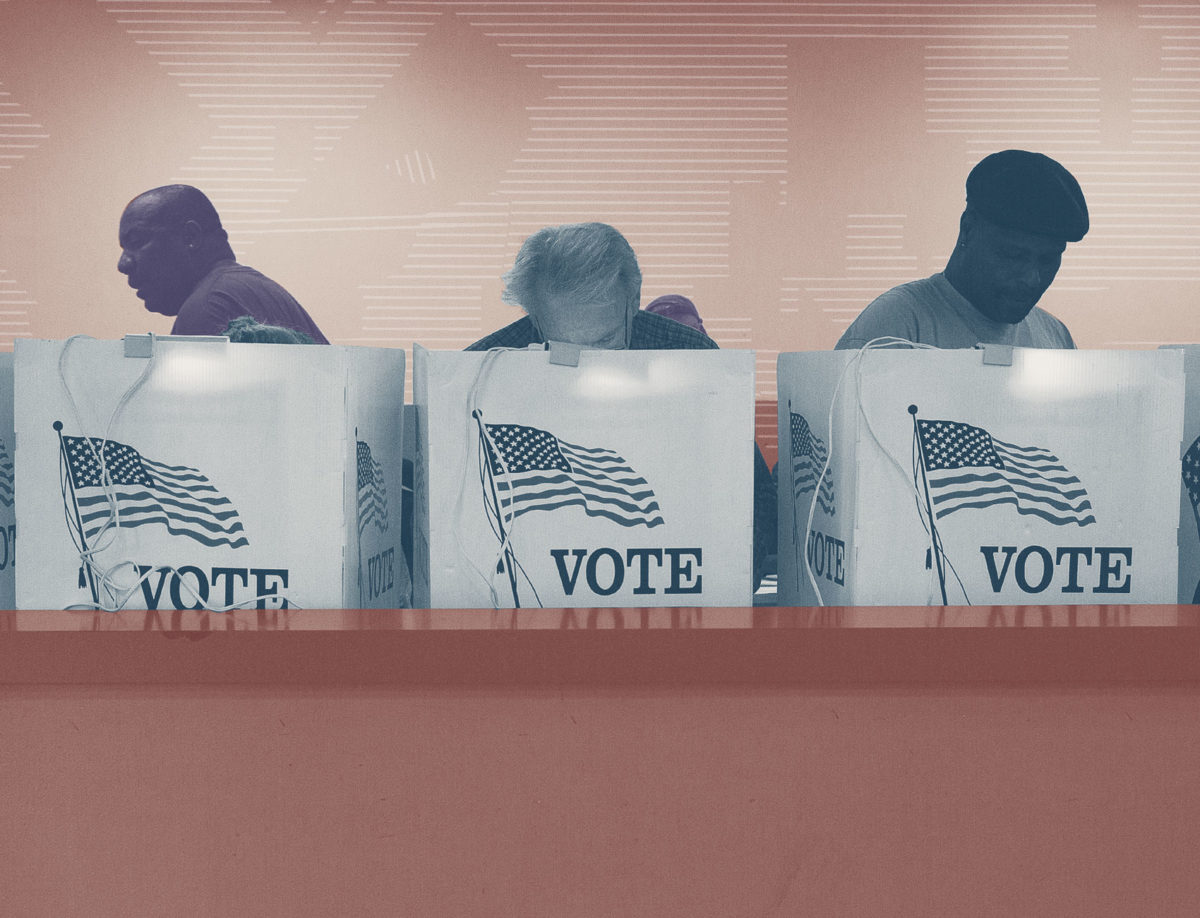
Between the global pandemic and a nationwide economic crisis, voting rights advocates see a ‘perfect storm of barriers’ ahead that could prevent millions of people from casting a ballot in November.